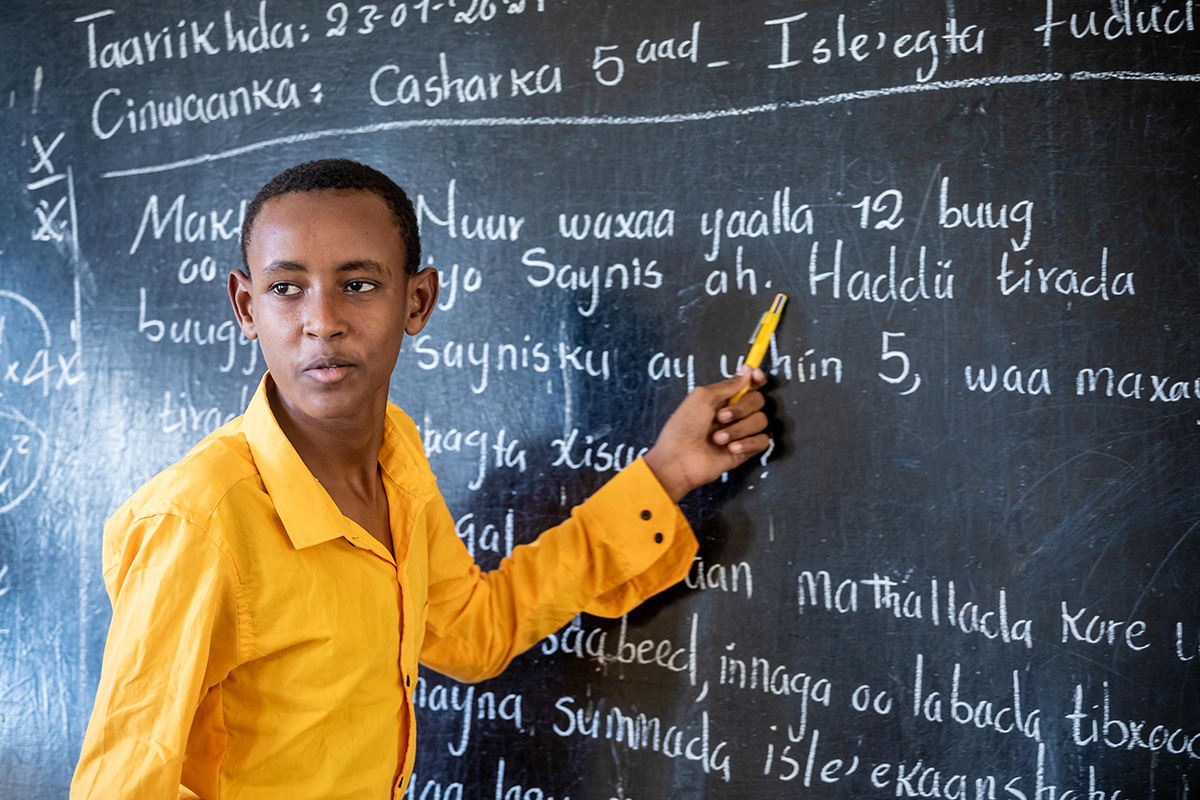World Creativity and Innovation Day (21 April) raises awareness of the role of creativity and innovation in all aspects of human development. As the pandemic closed traditional areas of life, many people took up a craft, read books, watched series and films, connected to digital concerts, or shopped online for the latest fashion. They helped sustain the creative economy. After a year of pandemic-induced lockdowns, there couldn’t be a better time to appreciate the creative economy. Therefore, this year also marks the .
Culture
In an extraordinary demonstration of creative energy, the second edition of the Health for All Film Festival has attracted nearly 1200 short film submissions from 110 countries.
Nowruz marks the first day of spring and is celebrated on the day of the astronomical vernal equinox. It is celebrated as the beginning of the new year by more than 300 million people all around the world and has been celebrated for over 3,000 years in the Balkans, the Black Sea Basin, the Caucasus, Central Asia, the Middle East and other regions. Nowruz plays a significant role in strengthening the ties among peoples based on mutual respect and the ideals of peace and good neighbourliness. The International Day of Nowruz is celebrated every year on 21 March.
Held every year on 21 March, World Poetry Day celebrates one of humanity’s most treasured forms of cultural and linguistic expression and identity. Practiced throughout history – in every culture and on every continent – poetry speaks to our common humanity and our shared values, transforming the simplest of poems into a powerful catalyst for dialogue and peace. The observance is also meant to encourage a return to the oral tradition of poetry supporting linguistic diversity and offering endangered languages the opportunity to be heard within their communities.
and collaborate to guidelines for the responsible restart of cultural tourism to ensure inclusive access to heritage, as countries around the world recover from the pandemic.
International Mother Language Day recognizes that languages and multilingualism can advance inclusion, and the . believes education, based on the first language or mother tongue, must begin from the early years as early childhood care and education is the foundation of learning. This year’s observance is a call on policymakers, educators and teachers, parents and families to scale up their commitment to multilingual education, and inclusion in education to advance education recovery in the context of COVID-19.
In December 2019, Fiji through the embarked on an experiment to understand the interplay between . The Accelerator Lab Pacific hypothesized that if communities revived their traditional practices, it would help towards strengthening cultural identity and then in turn improve climate resilience, through better relationship with their biodiversity and natural resources. Vusama village, on the south west coast of Fiji’s main island Viti Levu, which was the traditional custodian of salt making, but had not practiced it for more than 50 years, was set up a demonstration site for salt making revival.
Gastronomy is a cultural expression related to the natural and cultural diversity of the world. On June 18, we celebrate Sustainable Gastronomy Day and acknowledge that everyone plays a role in making sustainable choices for healthy diets and a food-secure future. As the COVID-19 pandemic is still unfolding across the globe, sustainable gastronomy - celebrating seasonal ingredients and local producers, preserving wildlife as well as our culinary traditions - is today more relevant than ever.





